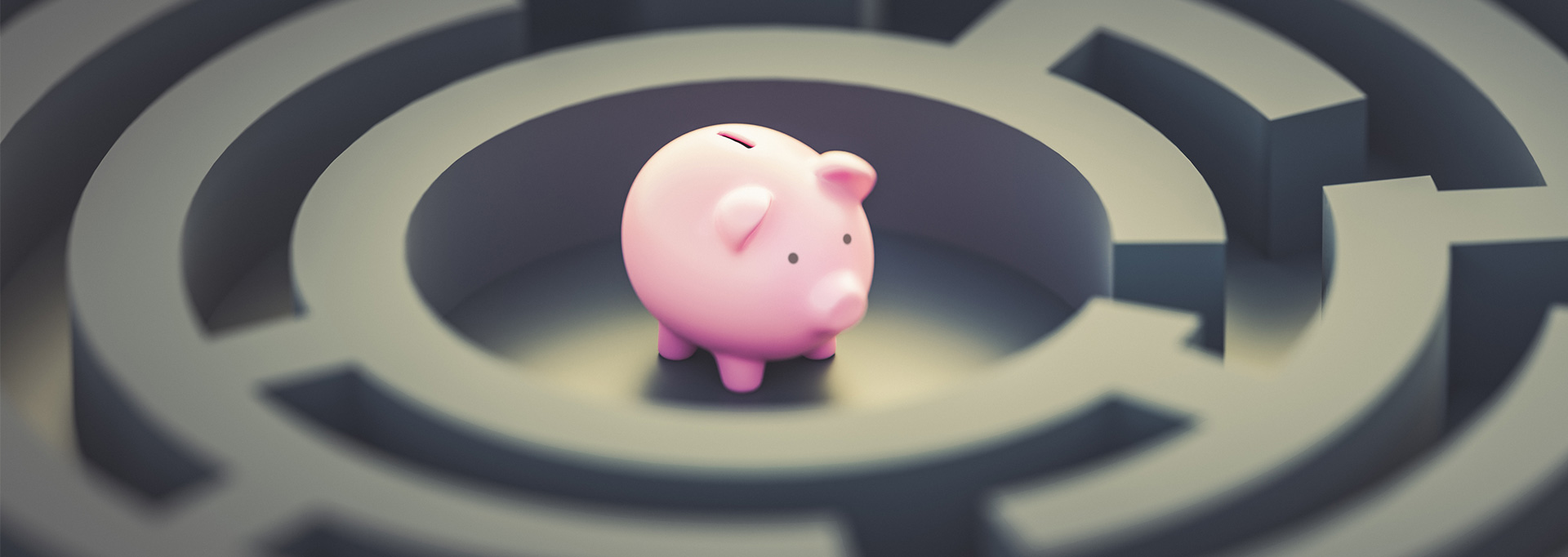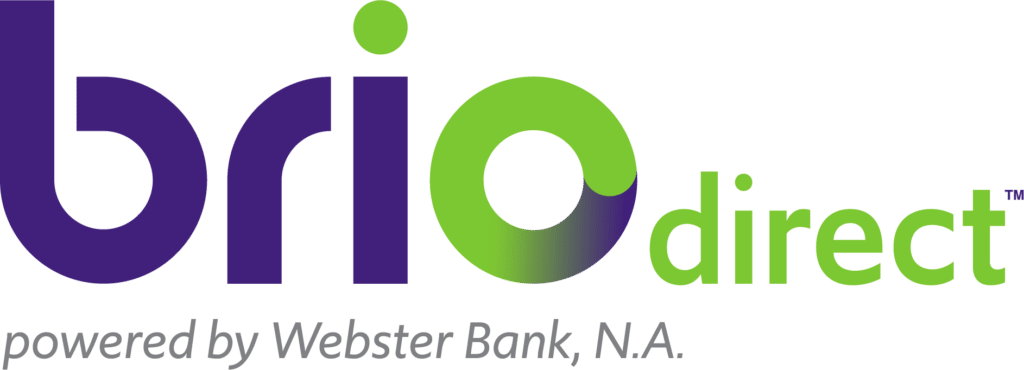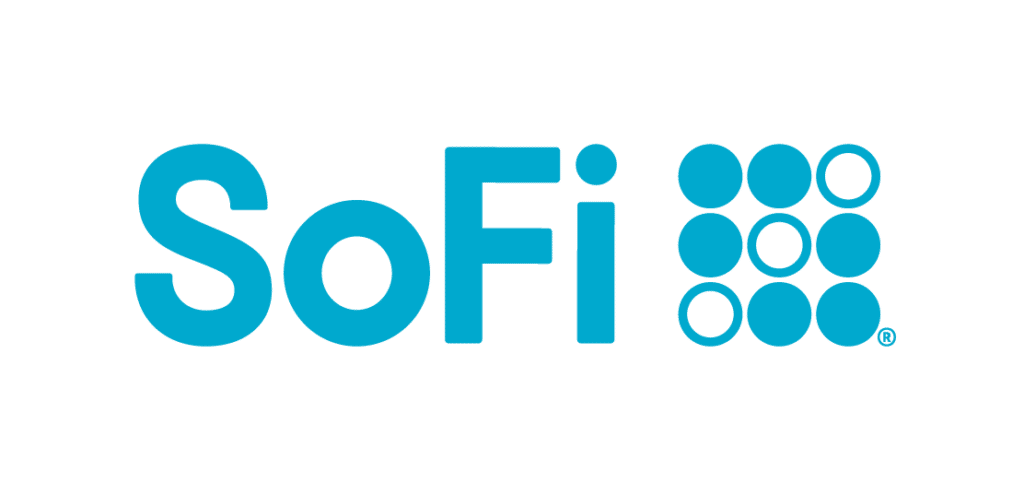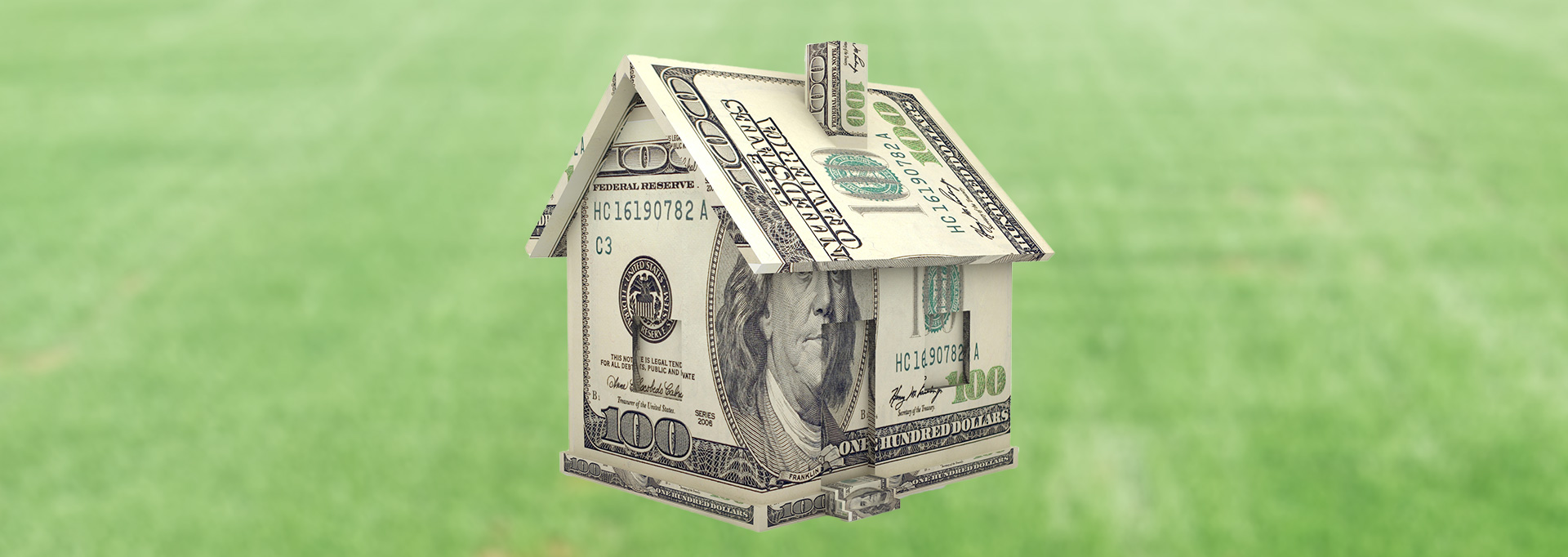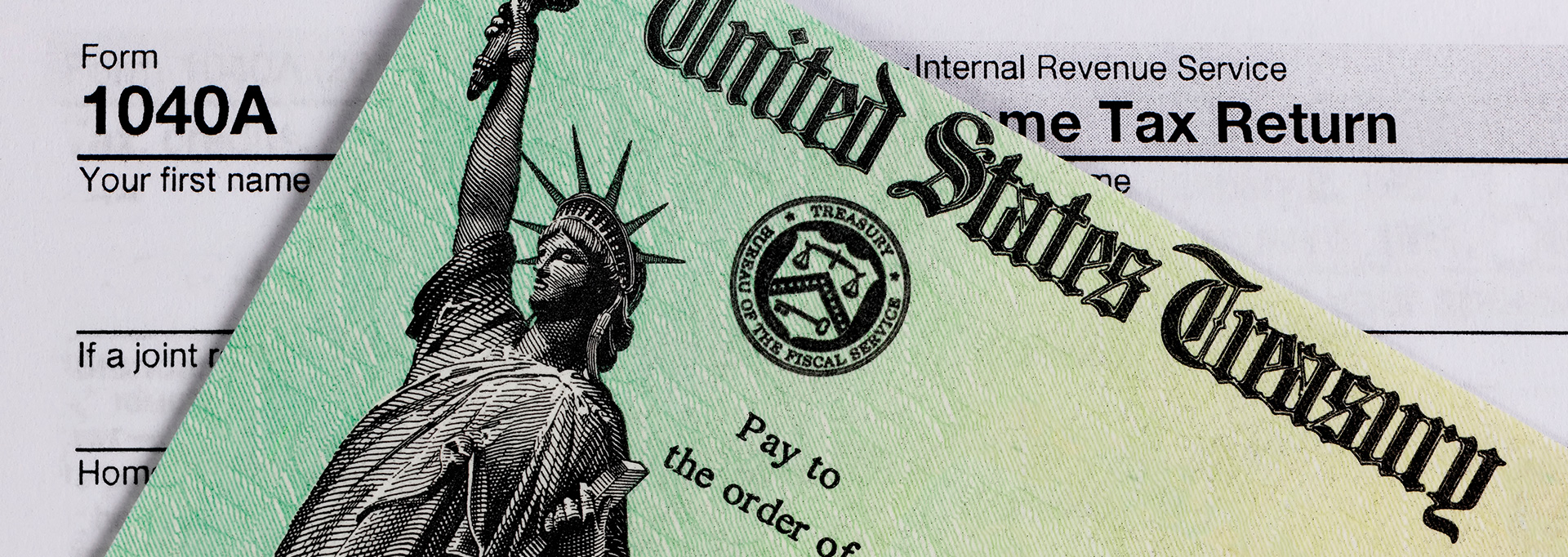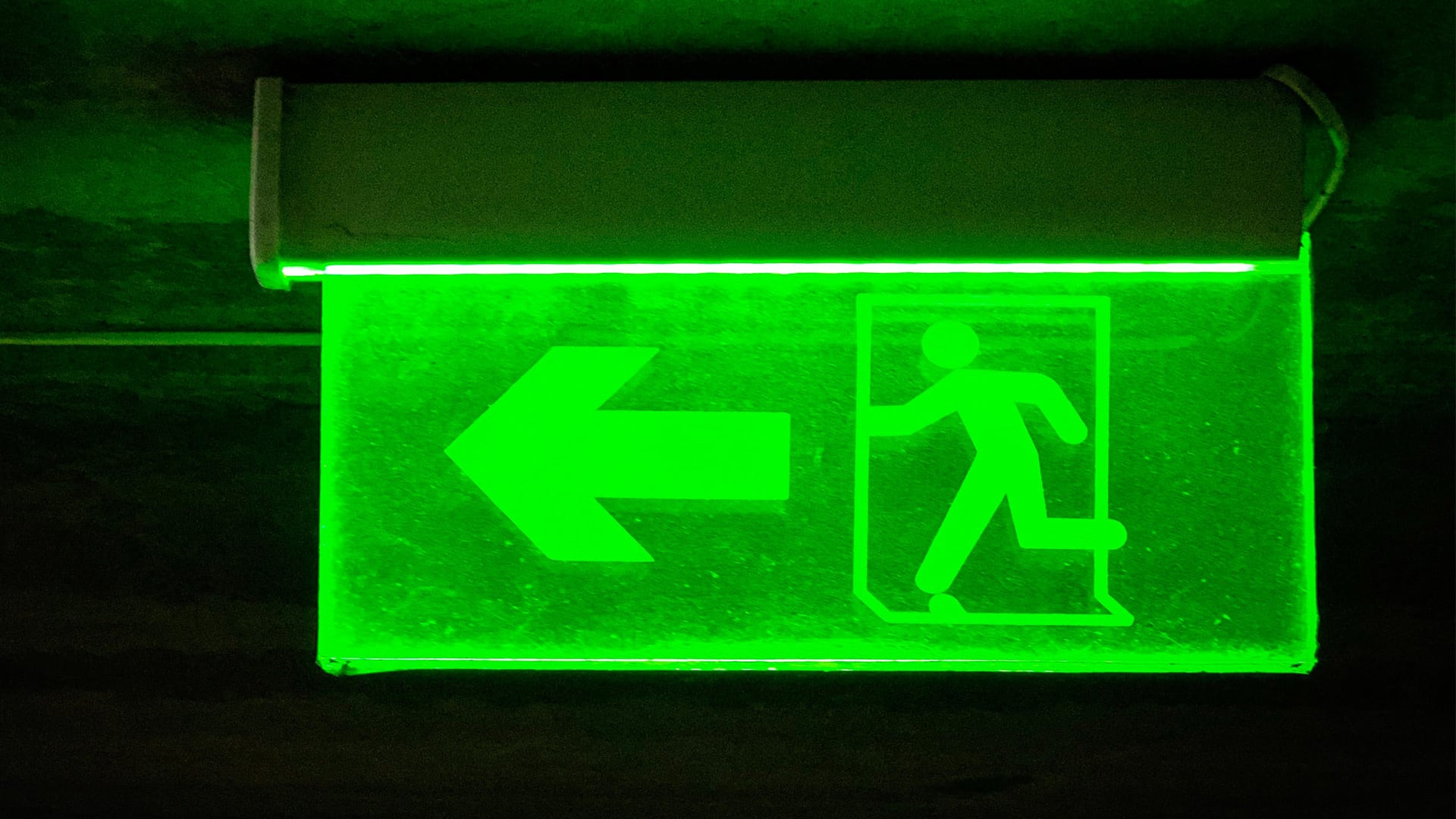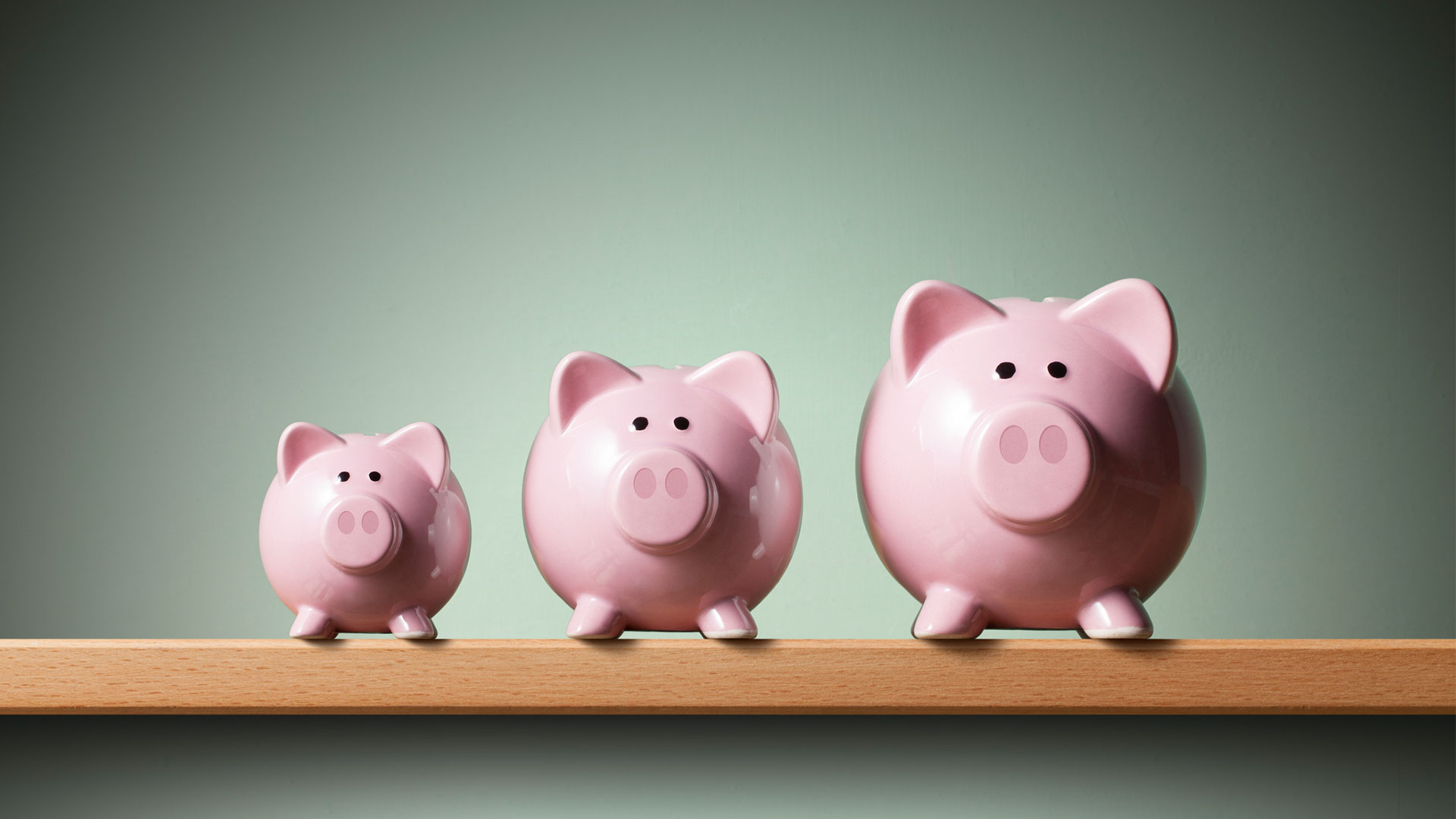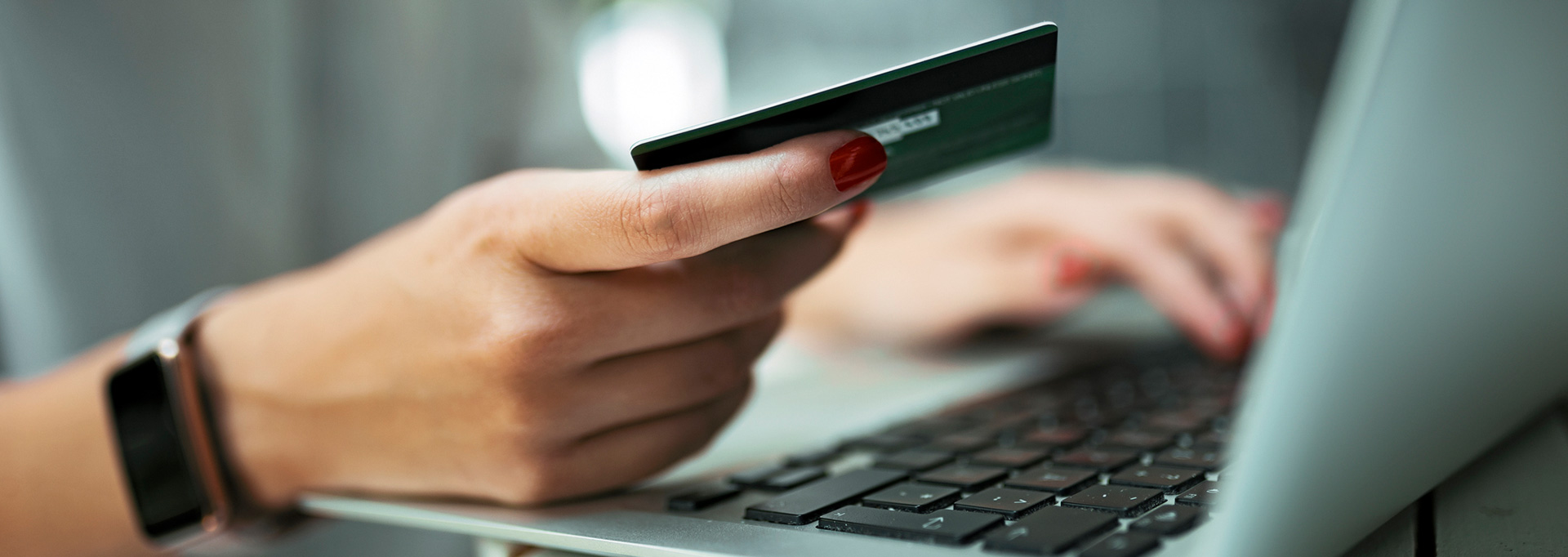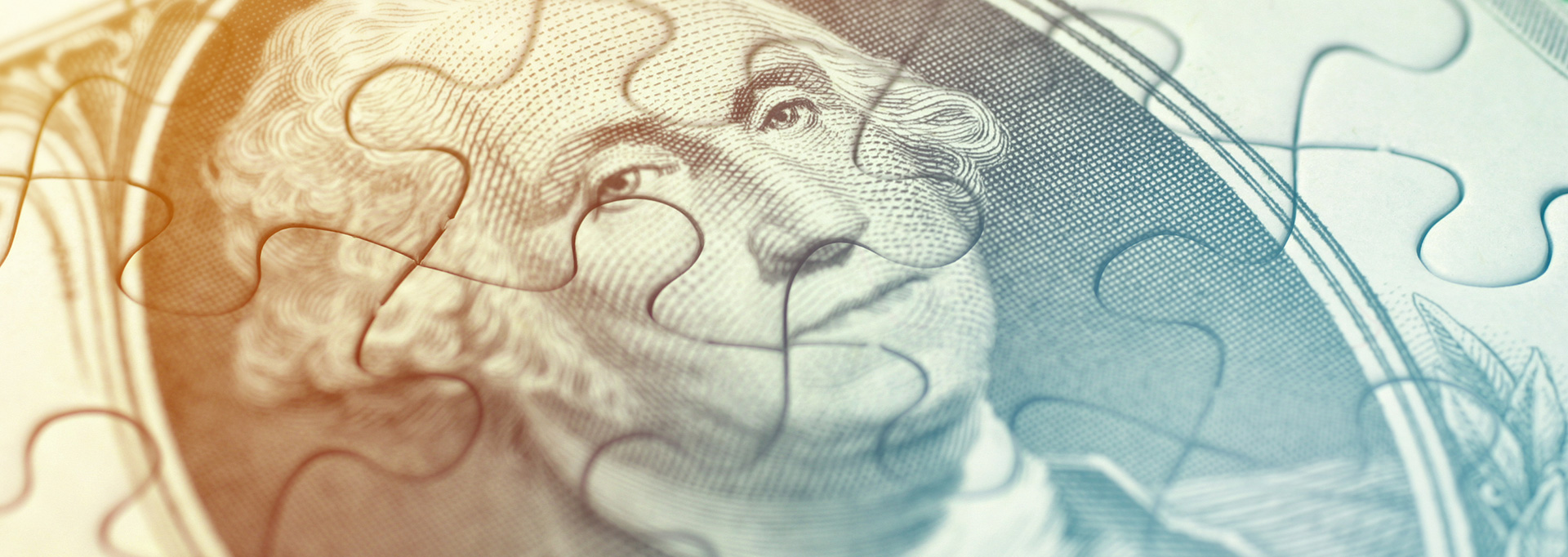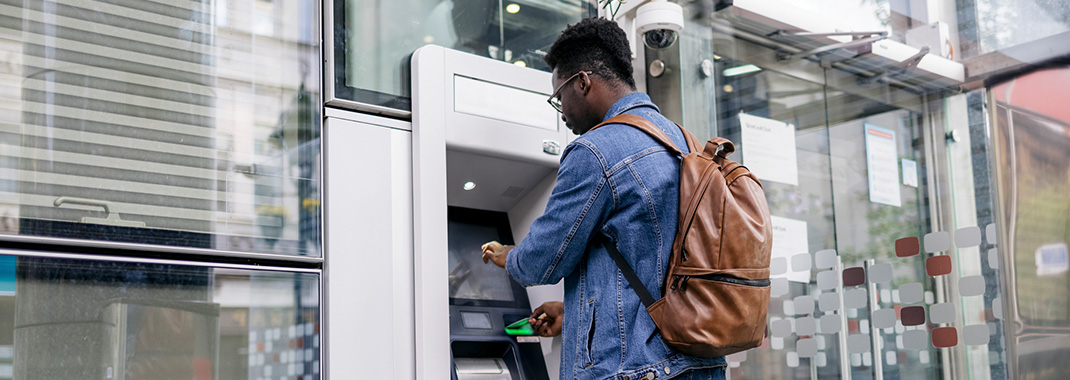Most products on this page are from partners who may compensate us. This may influence which products we write about and where and how they appear on the page. However, opinions expressed here are the author's alone, not those of any bank, credit card issuer, airline or hotel chain.
Credit cards are different from other forms of financing. You can use credit cards and enjoy the benefits they have to offer without paying interest charges on your accounts. But when you revolve a balance from month to month, the story changes. And thanks to recent interest rate hikes by the Federal Reserve, being in credit card debt is even more expensive than it has been in the past.
If you’re struggling with credit card debt, it is important to take action. However, emptying your savings account could be a dangerous move for the following reason
Here’s why you should avoid using your savings to pay off debt in most situations. You’ll also find other helpful strategies to eliminate debt without sacrificing the cash you’ve stored away in the proces
No Emergency Savings Could Lead to Additional Debt
No matter how good you are at managing your household budget, financial challenges can arise from time to time. Unplanned expenses, illnesses, job losses and other situations can put you under financial pressure. And if you don’t have an emergency fund ready in such situations, these financial challenges have the potential to go from bad to worse in a hurry.
According to the Consumer Financial Protection Bureau (CFPB), 40% of consumers without emergency savings also have past-due de
Recommended High-Yield Savings Accounts
| Bank Account | APY | Features | Learn More |
|---|---|---|---|
|
|
5.30%
*Annual Percentage Yield (APY) is accurate as of 6/4/2024. Rate is subject to certain terms and conditions. You must deposit at least $5,000 to open your account and maintain $25 to earn the disclosed APY. Rate and APY may change at any time. Fees may reduce earnings. |
$5,000 min. deposit |
Open Account |
|
|
5.15%
UFB Direct breaks balances into five tiers, but, currently, there is only one interest rate. |
No minimum deposit |
Open Account |
|
Member FDIC |
0.50% - 4.60%
SoFi members with Direct Deposit or $5,000 or more in Qualifying Deposits during the 30-Day Evaluation Period can earn 4.60% annual percentage yield (APY) on savings balances (including Vaults) and 0.50% APY on checking balances. There is no minimum Direct Deposit amount required to qualify for the stated interest rate. Members without either Direct Deposit or Qualifying Deposits, during the 30-Day Evaluation Period will earn 1.20% APY on savings balances (including Vaults) and 0.50% APY on checking balances. Interest rates are variable and subject to change at any time. These rates are current as of 10/24/2023. There is no minimum balance requirement. Additional information can be found at http://www.sofi.com/legal/banking-rate-sheet. |
No minimum deposit |
Open Account |
|
|
5.00%
Earn 5.00% APY on balances over $5,000. Balances of less than $5,000 earn 0.25% APY. Annual Percentage Yield is accurate as of May 6, 2024. Interest rates for the Platinum Savings account are variable and subject to change at any time without notice. |
$100 minimum deposit |
Open Account |
Quick Tip
Keeping your emergency fund in a separate bank account might help you grow your cash faster and avoid the temptation to spend it.
Credit Isn’t a Guaranteed Source of Future Financial Security
There’s another reason to avoid pulling cash out of savings to pay down debt. When you put aside cash for emergencies and you invest money toward retirement, you’re setting yourself up for a more secure financial future.
For example, a common way to save money is to deposit your cash with an FDIC-insured bank. This approach gives you the security of knowing your money is safe and available when you need it later. There are also multiple, low-risk ways to grow your savings as well.
However, if you use your savings to pay down a credit card, there’s no guarantee that you’ll still have access to those same credit limits down the road. Although it’s typically not a good idea to cancel a credit card yourself, there are some situations where a credit card issuer could decide to reduce your credit limit or close your account. And if a financial disaster strikes, your credit score could change and you might find it difficult to qualify for new credit card offers.
Of course, you should work hard to maintain a good credit score. Good credit comes with many benefits that can save you money and make your financial life easier to navigate. But it’s still wise to have cash reserves available since the availability of credit is never guaran
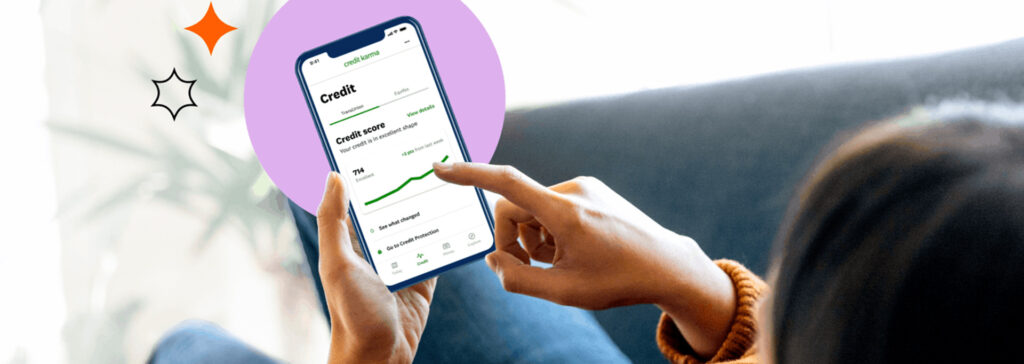 Related Article
Related Article
How to Monitor All Three of Your Credit Scores for Free
Alternative Ways to Pay Down Debt
On a positive note, there are alternative ways to pay down high-interest debt that don’t require sacrificing your savings. Here are four potential options to consider:
- Update Your Budget: Updating your budget can accomplish two important goals as you work to pay down debt. First, it can help you identify any available cash you have to put toward your debt-elimination efforts. Next, analyzing how you manage your money (and how you want to spend it) can help you figure out if there are any overspending habits you need to break to avoid more debt issues in the future.
- Add More Money to Your Debt Payoff Fund: Inflation has Americans paying more for groceries, gas, dining and many other goods and services these days. But if you’re open to a little creativity, there are many ways to be frugal and save money.
If you can find ways to reduce your expenses, you may be able to free up additional cash to put toward your debt. In addition to cutting spending and reducing expenses, you could also consider picking up an online side hustle and earn extra income to apply toward your debt. - Debt Elimination Plan: Once you know how much money you have to apply toward your debt each month, it’s important to choose a debt payoff plan. The two most popular debt elimination methods are the “Debt Snowball” and the “Debt Avalanche.”
With the debt snowball, you focus on paying off debts (often credit cards) with the lowest balances first while making at least the minimum payments due on your other accounts. The debt avalanche method, by comparison, has you focus on paying off debts with the highest interest rates first. Both strategies have their advantages. So, it’s important to research both options and figure out which approach makes the most sense for your situation. - Debt Consolidation: It’s no secret that credit card debt and some personal loans can feature high-interest rates. But if you have good credit, you might be eligible to consolidate your debt with a balance transfer credit card or a debt consolidation loan.
Balance transfer credit cards often feature a low or 0% APR for a limited period of time.
Consolidating your debt can be a smart strategy to help you speed up the debt payoff process in certain situations. However, you must commit to avoid future overspending. Otherwise, you could wind up in more credit card debt than you started with—potentially setting yourself up for even bigger financial problems in the futu




